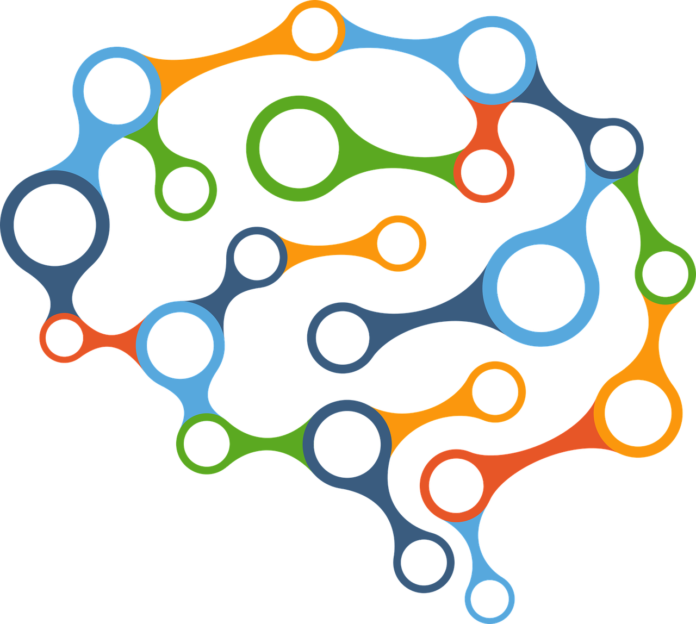Dementia is a general term used to describe a wide range of symptoms connected with a life impairing decline in memory and mental function. Dementia results from a variety of diseases and injuries that primarily or secondarily affect the brain, such as Alzheimer’s disease or stroke. It is one of the major causes of disability and dependency among older people worldwide. It can be overwhelming, not only for the people who have it, but also for their carers and families. There is often a lack of awareness and understanding of dementia which result in barriers to diagnosis and care.
Signs and symptoms
Dementia affects each person in a different way, depending upon the impact of the disease and the person’s personality before becoming ill. At least two of the following core mental functions must be significantly impaired; memory, communication and language, ability to pay attention and focus, reasoning and judgement and visual perception. People with dementia may have problems with short-term memory, keeping track of a purse or wallet, planning and preparing meals, paying bills, remembering appointments or direction when travelling.
Different types of Dementia
Dementia can be slit into two groups based on which part of the brain is affected. Cortical dementia; occurs because of problems in the cerebral cortex, the outer layer of the brain. They play a critical role in memory and language. People with these type of dementia usually have severe memory loss and can’t remember words or understand language. Alzheimer’s and Creutzfeldt-Jakob disease are two forms of cortical dementia. Subcortical dementia; occur because of problems in the parts of the brain beneath the cortex. People with subcortical dementias tend to show changes in their speed of thinking and ability to start activities. Usually they don’t present with forgetfulness and language problems. Parkinson’s disease ,Huntington’s disease and HIV can cause these types of dementia.
A Progressive Path
All types of dementia are progressive, with symptoms starting out slowly and worsening over time. How quickly dementia progresses depends on the individual. Each person is unique and experiences dementia in their own way. The first stage is mild cognitive impairment followed by mild dementia, which allows people to live independently but can involve memory loss of recent events, personality changes and difficulty problem solving, performing complex tasks and expressing thoughts. Mild dementia progresses to a moderate form, where people need more assistance in their daily lives .Symptoms include an inability to communicate, difficulty when walking, sitting or holing one’s head up. An increased susceptibility to infections such as pneumonia. Requiring full-time assistance with everyday activities such as eating and dressing and an inability to swallow and control the bladder and bowel function at an advanced stage. If you or your loved one has memory problems or other dementia symptoms it is imperative to consult with a doctor. Some treatable medical conditions can cause dementia symptoms, so its important to determine the underlying cause, which will allow for prompt treatment and time to plan for the future.
Diagnosis and Treatment
There is no one test to determine if someone has dementia. Doctors diagnose dementia and Alzheimer’s based on careful medical history, a physical examination, laboratory tests, day-to-day function and associated behavior. If a patient is diagnosed with dementia, they may also be referred to specialists, such as a neurologist or a psychiatrist. In the case of most progressive dementia’s, including Alzheimer’s disease, there is no cure and no treatment that slows or stops its progression. However, certain drug treatments can alleviate some symptoms of dementia. Ultimately, the path to effective new treatments for dementia is through increased research funding and increased participation in clinical studies. Although there is no way to absolutely prevent dementia, modifying the risk factors of high blood pressure, high cholesterol, alcohol intake, and keeping diabetes as well-controlled as possible, as well as exercising regularly can help.
Considering Care Options
Creating a care plan soon after diagnosis is made, will help to ensure that your loved one’s cares and requests are considered and incorporated into their life. Although many families prefer to take care of their loved one themselves- especially in the early stages, eventually in the later stages they will require round-the-clock care and supervision. There are registered care centres where your loved one will receive skilled nursing care. They will also work with you regarding care planning, special nutrition issues and other concerns. It is recommended at this point that you contact an organization, like Alzheimer’s South Africa (https://alzheimers.org.za), which offers both sufferers and loved ones support and helpful services.
Discovering that you or your loved one is suffering from dementia can be a shock. However, with early diagnosis, the right information, proper medical care and the support of loved ones will better ensure that dementia can be managed effectively.















